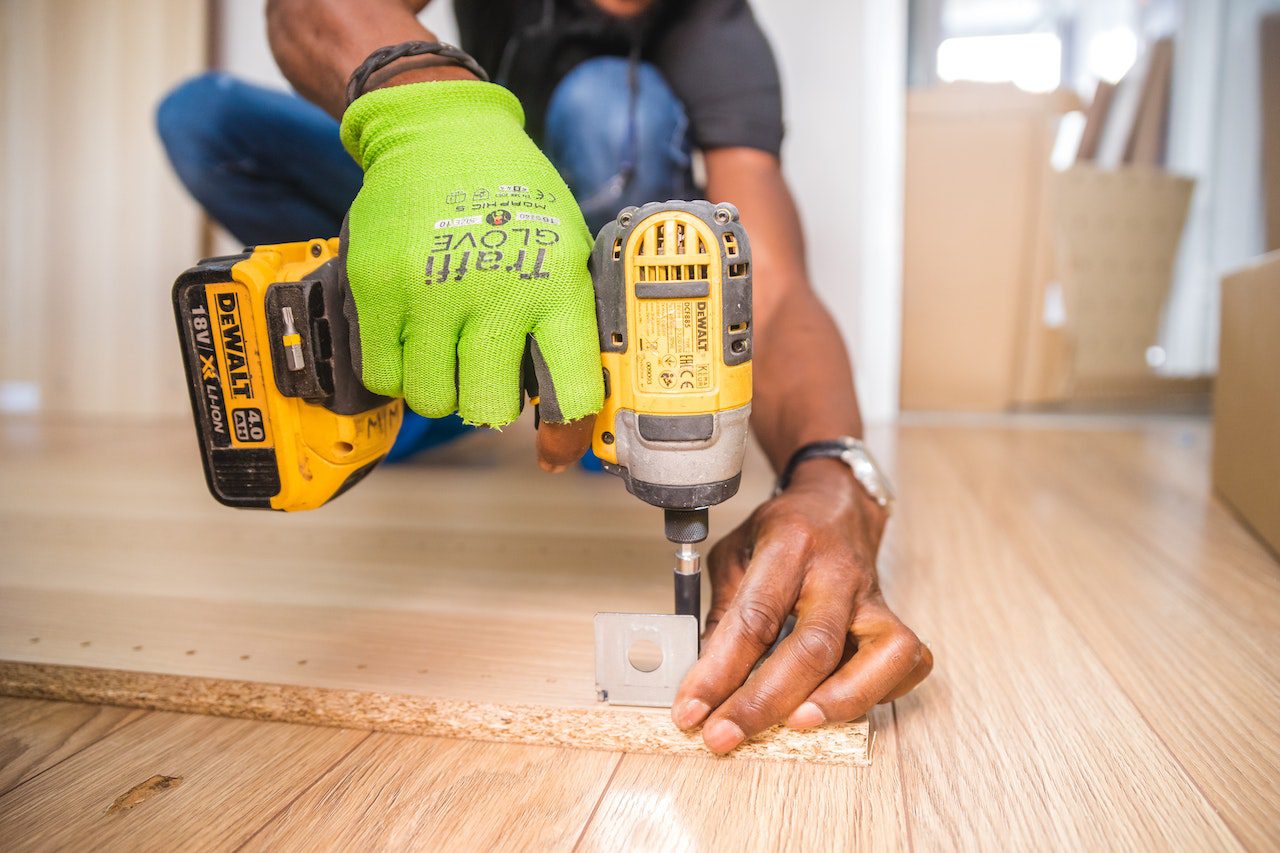If you’re in the construction industry, you know that construction projects generate a staggering amount of waste. In fact, it’s estimated that the construction and demolition sector produces millions of tonnes of waste annually.
The good news? A lot of this waste can actually be recycled and reused. This not only promotes energy efficiency but also significantly reduces carbon emissions. Here in Northamptonshire, we offer commercial recycling for construction projects, as well as skip hire. This ranges from 2 cubic yards all the way up to 40 yard skip hire.
So, let’s dig into what type of material you can recycle.
What Types Of Construction Waste Can I Recycle?
Bricks and Concrete
These materials are almost entirely recyclable. Once ground down, they can be used as a sub-base material for future construction projects. Their recycling process is quite straightforward and contributes to efficient waste management in the construction industry.
Recycled Metals
Metals like steel, copper, and aluminum can be melted down and reformed into new products. This saves an enormous amount of raw materials and energy compared to creating metals from ore. It’s a win-win for both the environment and construction businesses!
Wood and Timber
If untreated, wood and timber can be shredded and used as raw materials for new wooden products or as biomass fuel. From scaffolding to old beams, think twice before you throw away that piece of wood!
Recycled Plastics
Plastic waste can be incredibly damaging to the environment. Thankfully, various types of plastics used in construction can be recycled. Recycled plastics can be used to make new construction materials or even be remolded into new plastic products.
Recycled Glass
Broken or unused glass can be melted down and made into new glass items or even used in road fill. Not only does this reduce waste, but it also contributes to energy efficiency by lowering the carbon footprint of creating new glass from scratch.
Gypsum
Gypsum from old drywall can be easily recycled and turned into new drywall or used in agricultural efforts. This type of material recycling saves valuable space in landfills and contributes to better waste management practices.
Insulation Materials
While more complicated to recycle, certain types of insulation material can indeed be recycled. This usually involves a more complex recycling process but helps immensely in reducing carbon emissions and energy waste.
What Happens to the Waste?
Most construction waste goes through a recycling process that sorts and separates materials at a dedicated facility. This helps ensure maximum recycle and reuse, cutting down on the sheer million tonnes of waste generated every year.
The Commercial Angle
Our commercial recycling and collections service is a game-changer for construction projects. Offering various skip sizes, this flexibility ensures that you can effectively manage waste recycling no matter the size of your project.
Our team is committed to recycling as much waste as possible, meaning your construction project doesn’t have to be a pollutive experience. We can help reduce your carbon footprint whilst ensuring waste materials are repurposed into new products, promoting an environmentally friendly business.
Why You Should Recycle Your Construction Waste
Recycling in the construction industry is not just good for the planet; it’s also beneficial for your business. By opting for recycled building materials and embracing waste management practices that prioritise recycling, you contribute to a sustainable future and potentially reduce costs. So the next time you start a project, consider which construction materials you can recycle.
For more information, feel free to reach out to us for tailored advice on managing construction waste effectively in Northamptonshire. Together, let’s build a greener future!




